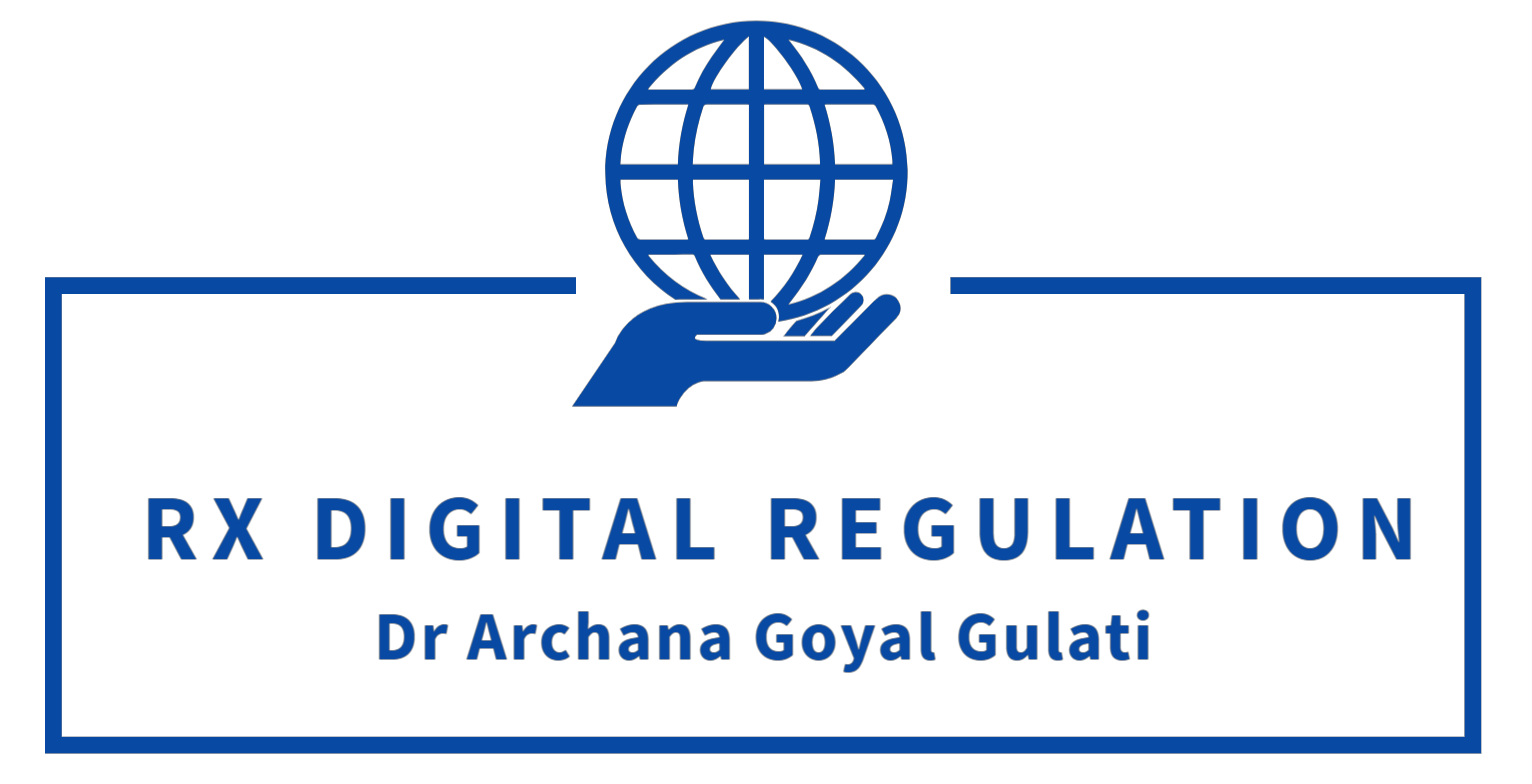
It’s Now, or Never-Responsible Digital Transformation Requires Solid Global Governance.

It’s Now, or Never-Responsible Digital Transformation Requires Solid Global Governance.
The G 20 New Delhi Leaders Declaration has won well-deserved global accolades and draws attention to the importance of international cooperation for rapid but responsible Digital Transformation. I reproduce below para 47 of the G 20 New Delhi Leaders Declaration.
Multilateral Institutions for the 21st Century, Reinvigorating Multilateralism
47. The global order has undergone dramatic changes since the Second World War due to economic growth and prosperity, decolonisation, demographic dividends, technological achievements, emergence of new economic powers and deeper international cooperation. The United Nations must be responsive to the entire membership, faithful to its founding purposes and principles of its Charter and adapted to carrying out its mandate. In this context, we recall the Declaration on the Commemoration of the 75th anniversary of the United Nations (UNGA 75/1) which reaffirmed that our challenges are inter-connected and can only be addressed through reinvigorated multilateralism, reforms and international cooperation. The need for revitalised multilateralism to adequately address contemporary global challenges of the 21st Century, and to make global governance more representative, effective, transparent and accountable has been voiced at multiple fora. In this context, a more inclusive and reinvigorated multilateralism and reform aimed at implementing the 2030 agenda is essential.
From the word go, India’s G 20 Presidency has emphasised the importance of robust and reinvigorated multilateralism, an acceptance of the interconnectedness of nations, and the need for international cooperation. Climate Change, the Pandemic and wars demonstrate that in a physically and virtually connected world, no nation or people can hope to progress in perpetuity while ignoring / at the cost of others.
The race for superiority in prowess over Artificial Intelligence can, like all other progress that collaterally brings Climate Change, come at the cost of the Sustainable Development Goals (SDGs), equity, inclusion, and human rights, and bring in its wake destruction and disease and threaten the future of humanity. We can make new homes on the Moon or Mars but would have lost more than we can imagine.
With this dramatic introduction, I want to draw attention to the geopolitics and realpolitik of technology regulation in particular regulation of emerging technologies. The various approaches a nation could take are shown in Figure 1.

These are relatively self-explanatory. However, I am providing links to understand the philosophy underlying these approaches to the governance and regulation of emerging technologies.
- Artificial Intelligence: Who Will Lead the Next Era?
- Who is Winning the AI Race? China, The EU or the United StatesEU AI Act: first regulation on artificial intelligence
- EU AI Act: first regulation on artificial intelligence
- Rise of AI in the Indian Economy
We could adopt an either/or line or aim to think differently. The use of AI is not a technical or regulatory race. AI is yet another technological tool but a powerful one that, like nuclear weapons, can have far-reaching consequences that the human imagination or intelligence can only comprehend to the limits of Singularity. I would therefore recommend a different governance framework that will need robust multilateral institutions to implement. This is depicted in Figure 2.

It is quite possible to integrate this approach into national governance frameworks and monitor these globally, as has been done in the case of nuclear arms. However, as the Delhi Declaration rightly points out, the multilateral institutions and the governance framework must themselves be representative, inclusive and equitable.

